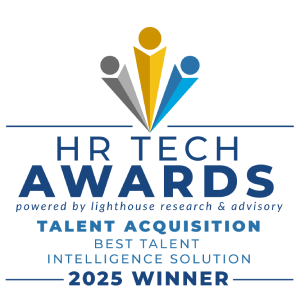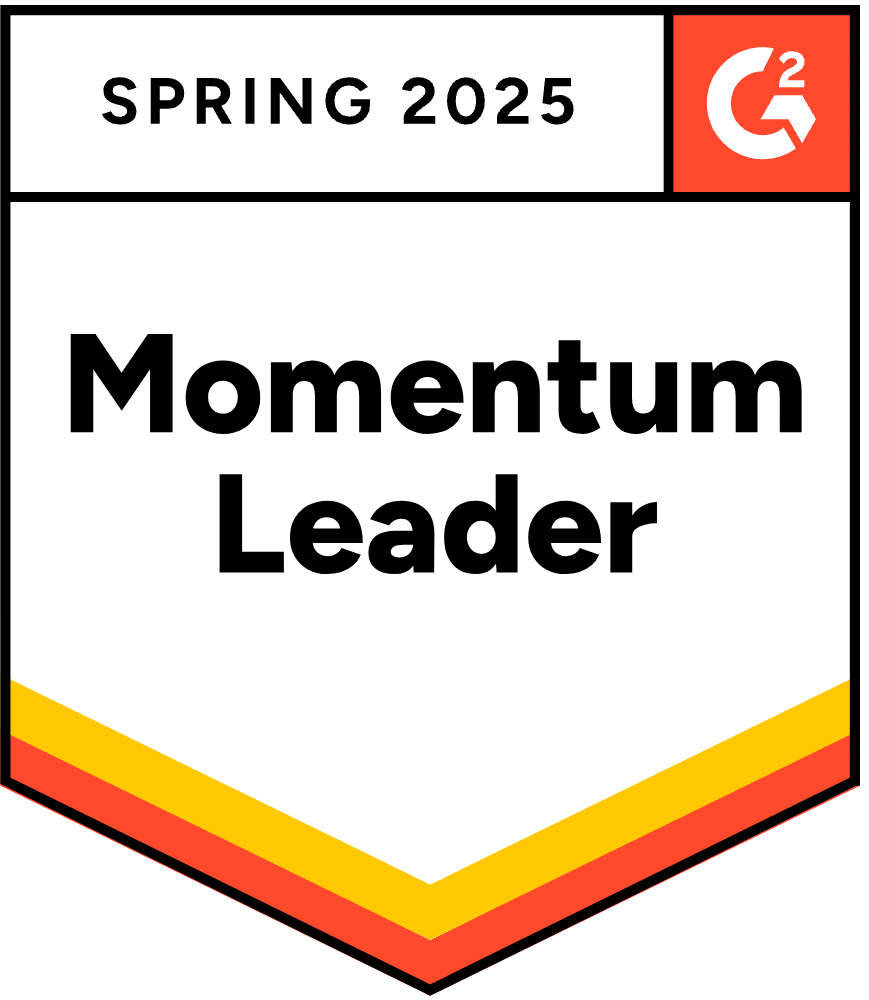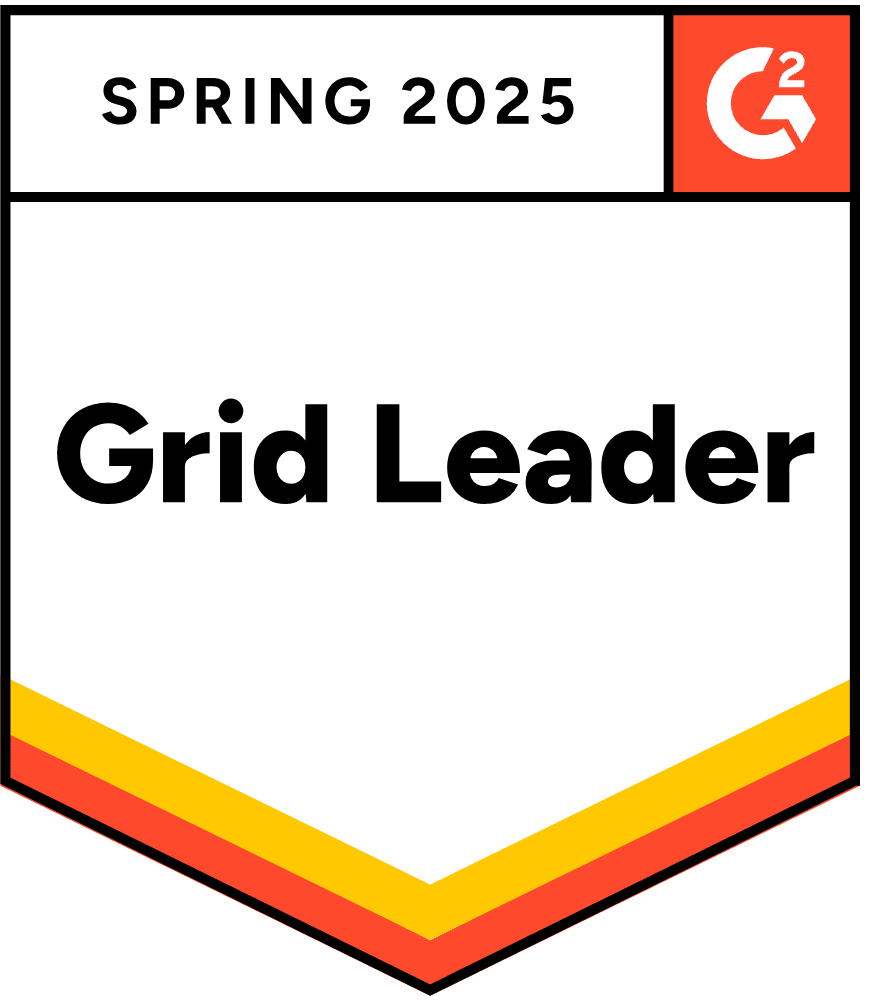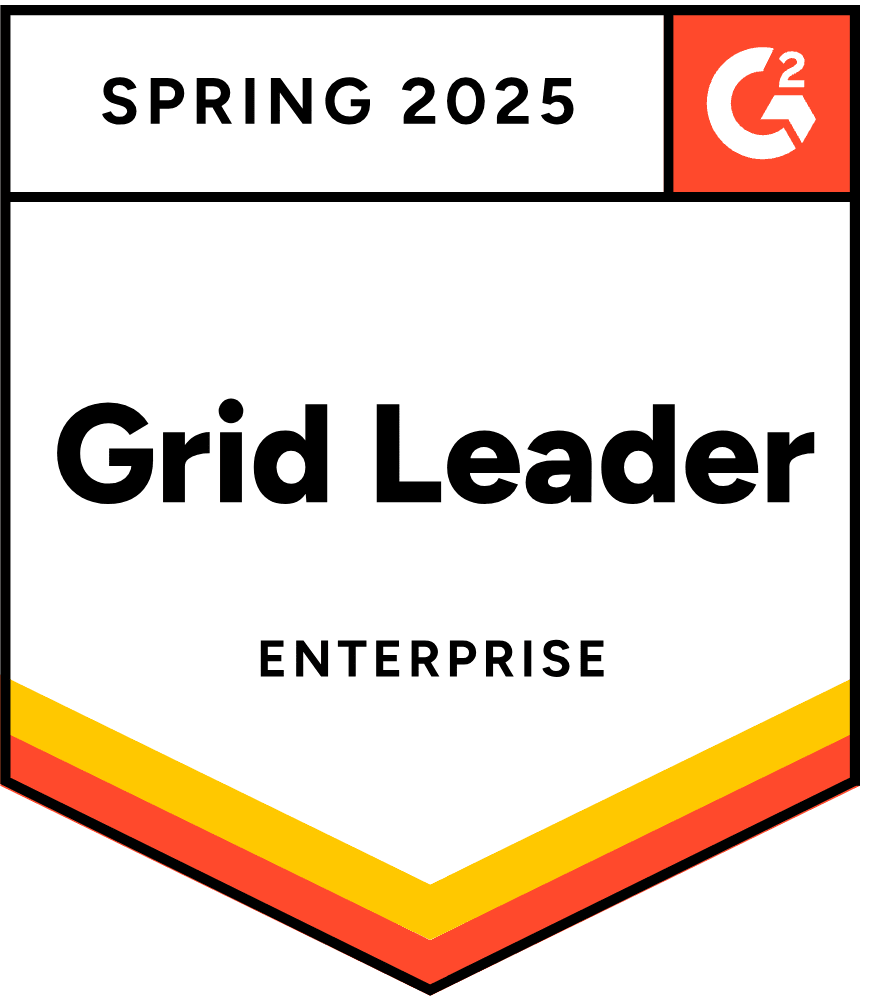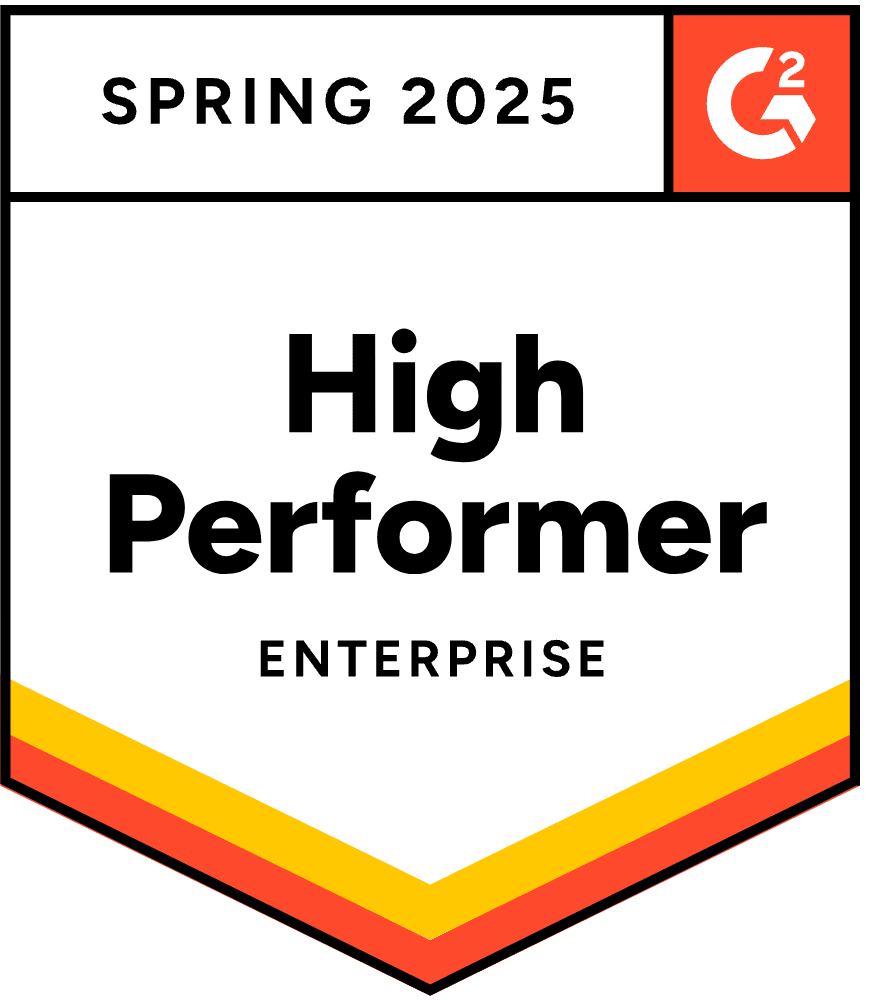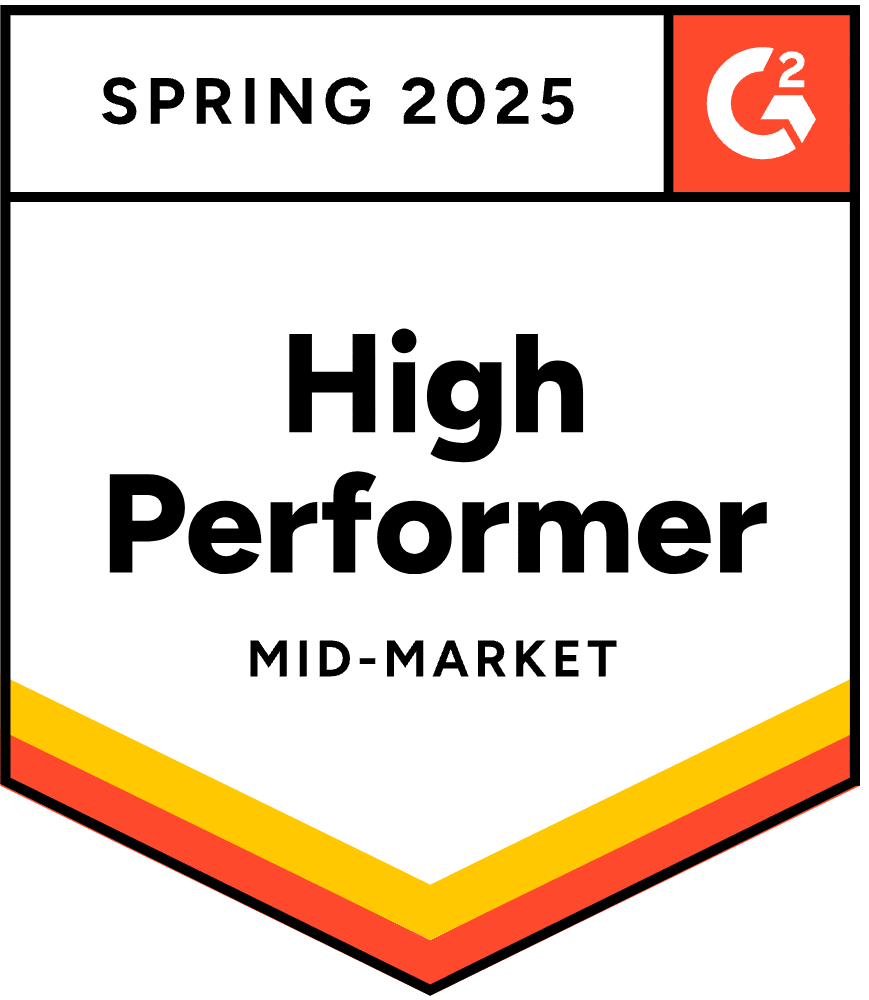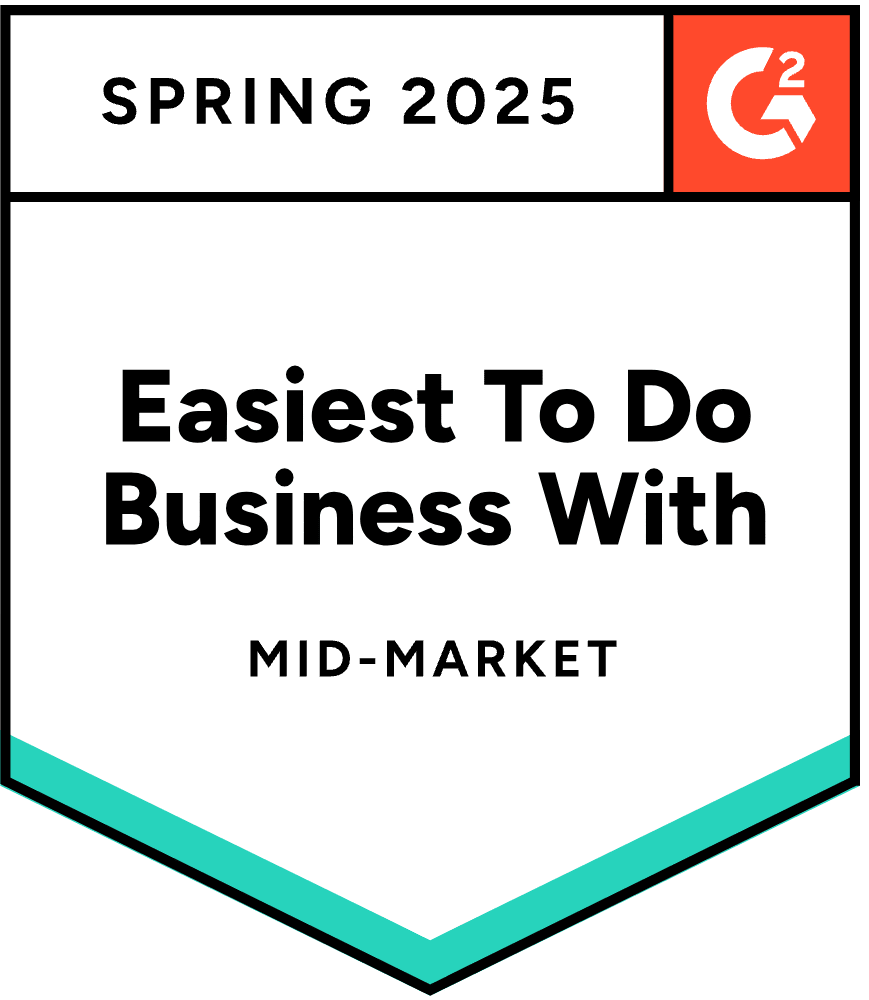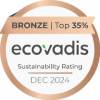What is a Candidate Relationship Management System?

A candidate relationship management system, AKA talent CRM, is specialized software designed to help manage relationships with candidates, from initial contact through hiring, showing disposition changes along the way. Ideally, this all happens in one user-friendly dashboard! Unlike traditional CRMs that manage customer interactions and sales pipelines, a talent CRM focuses on supporting recruiting and talent acquisition (TA) teams.
Here’s how.
Talent pooling and pipeline building: Candidate info (resumes, contact details, interview notes, responses to knock out questions, ability to work info, and more) is stored, organized, and segmented based on criteria like skills and experience, enabling targeted recruitment efforts.
Tracking: Allows teams to follow candidates through the recruitment process to help ensure a steady flow of folks, while reporting key recruitment metrics, enabling data-driven decisions (we that), and tweaks to strategy.
Matching: Allows employers to match the right candidates in talent pools with jobs, and vice versa. This enables personalized candidate engagement which means happier prospective employees and a stronger employer brand!
Candidate engagement: Use personalized communication, nurture campaigns, and tailored content to keep the folks in your funnel happy with relevant info and job openings, all while nudging them to convert to qualified applicants. That means everything from sharing white papers to interview scheduling, and plenty more.
Collaboration: Improve teamwork among recruiters and hiring managers by sharing candidate information and feedback. Plus, with the right talent CRM, folks hiring at volume can be sure to get the right message to the right candidate – wherever they are in the funnel. And, thanks to clear communication and transparency, you can avoid internal bidding wars between recruiters!
Security and compliance: Ensure adherence to regulations like GDPR and CCPA, thanks to secure data storage and built-in tools. Plus, compliance-based opt-in/opt-out functionality.
Integration: Integrate seamlessly with existing ATS/HR systems, social media platforms, and other recruitment tools, ensuring a cohesive workflow. The right talent CRM should also be scalable to meet organizations’ growing needs.
In a nutshell, a talent CRM enhances efficiency, improves the candidate experience, and supports strategic recruitment efforts, making it a vital tool for modern TA.
The Essentials
There’s a lot of great (yes, we’re partial) info in this doc, but we recognize it’s also a wee bit long! So here’s a quick run down of the must-haves, in case you’re short on time.
About you
- Make sure you include a concise profile of our company’s presence, mission, vision, and jobs.
- Outline the typical candidate journey, from initial contact through to hiring.
Goals
- Outline your short-term and long-term talent pool and candidate engagement goals.
Talent CRM features
- Can the vendor’s platform handle the quantity and complexity of your candidate data?
- What kind of integrated communication options are available? Email, SMS, etc.
- What kind of workflow automations does the CRM platform include?
- Ask about segmentation and tagging capabilities for tailored communications.
- Will the platform help you manage interview scheduling?
- Does it offer personalized job recommendations?
- How about candidate filters based on screening questions?
Integrations
- Confirm compatibility and integration capabilities – specifically bi-directional status sync with your ATS.
- Ask about integration with other HR tools and systems you’re currently using.
- Enquire as to how data is migrated to and from the CRM.
Support needs
- Ask solution providers to outline support levels and onboarding training.
Candidate engagement
- Evaluate features for personalizing communication based on candidate data.
- Does the platform offer analytics to track engagement levels and the effectiveness of communications?
Budget
- What is the pricing model?
- What additional services/features are available for an extra cost?
Analytics and reporting
- Can the platform show ROI across campaigns?
Compliance and security
- What are your privacy and infosec requirements? (GDPR, SOC2)
- What kind of security measures and certifications are in place?
Timelines for response
- Key dates for the request for proposal (RFP) process and contact details for responses and questions.
While the above is a terrific start, we strongly suggest taking a look-see at the detailed sections below! Now, read on for the full ball of wax.
What Do Vendors Need to Know?
Transparency and clarity are super important when seeking a partnership – and to get stellar results from your RFP. These elements not only help potential vendors tailor their responses to match your requirements, but also ensure a more efficient selection process.
Below is a very thorough list of questions we suggest you include in your RFP, grouped by information area… ‘cause we’re cool like that.
Company background
- Brief overview of your company, including industry, size, jobs, and market presence
- Your company’s mission, vision, and values
- Outline the typical candidate journey, from initial contact through to hiring
Objectives and goals
- Clearly define what you aim to achieve with a talent CRM – short-term and long-term goals
- Share your total annual applicant volume projection
- How many candidates do you intend to hire this year?
- If transitioning from an incumbent provider, share the number of records in your database that will require migration
- Type of people you are looking to hire – a particular profession or skill set, low- or high-skill positions, turnover rates, most/least difficult positions and geographies
Product scope
- Specific services and capabilities you are seeking (e.g., matching, interview scheduling, analytics, etc.)
Current approach
- What is your incumbent CRM system?
- Describe your current key performance indicators (KPIs)
- What data is accessible to you and how it is being utilized?
Challenges
- Challenges with current reporting and analytics, or data silos
- Describe all of the following that apply:
- Integration issues
- User adoption
- Poor candidate engagement
- Low application conversion rates
Budget
- Provide a range or a specific budget
Data and analytics
- Type of data available (first-party data, third-party data, etc.) and how you use it
- Expectations regarding analytics, reporting frequency, and specific KPIs to track
Integration requirements
- Information about your current applicant tracking system (ATS) and HR tech infrastructure
- Specific requirements for integration with existing tools or platforms
Compliance and privacy
- Compliance requirements, especially related to data privacy (e.g., GDPR, CCPA)
- Expectations regarding data handling, storage, and security
Timeline
- Timeline for the RFP process, including submission deadline, decision date, and intended talent CRM deployment date
- Critical milestones or deadlines within the project scope
Case studies and references
- Request for case studies, client references, and/or evidence of past successes in similar projects
Submission information
- Contact details for the person or team managing the RFP process
- Information about the preferred format and method for responses
Key Questions to Ask Talent CRM Providers
Crafting the right questions for your RFP is pivotal. These will help you dive deep into vendors’ capabilities and expertise. Your mission: to make absolutely sure that vendor offerings are compatible with your needs and business objectives.
This next section contains a comprehensive set of questions that cover different aspects of talent CRM systems. From candidate engagement and collaboration, to implementation and support, each question is formulated to elicit the deets you need. By including these carefully thought out questions in your RFP, you can get a clear understanding of each vendor’s strengths, weaknesses, and suitability for your project.
Candidate engagement and recruiter experience
- Describe your talent CRM’s recruiter workflow automations, including interview scheduling, status updates, and communications.
- Does the system support personalized recommendations?
- Can we filter by form fills and screening questions?
- Can the system rate talent matches on applications as high, medium, or low?
- How does the system support job requisition building and job content optimization?
- Can the system integrate with apply forms?
- Can the system handle different types of job-to-recruiter mappings based on varying organizational structures?
- Will your talent CRM automatically nurture our existing talent pool and keep them engaged?
- Can it send emails at a future date/time to optimize candidate open rates?
- Can we track the number of times a candidate opens/clicks an email?
- Do you offer personalized, multi-touch email campaigns with custom timing and automated follow-ups?
- Can email templates be used to coordinate schedules with candidates in bulk, including self-scheduling links?
- Are templates available to customize candidate emails?
- Does your CRM enable candidate outreach and engagement via SMS?
- Does your system automatically remind interviewers of upcoming interviews via email notifications?
- Does your system automatically disqualify applicants?
- Will your CRM send rejection messages to unqualified candidates?
- Does your system automatically tag applicants based on their responses to questions, categorizing them into various talent pools?
- Can your CRM display all candidates (leads and applicants) and their positions in the pipeline?
- Does your solution allow filtering candidates by job, stage, recruiter, location, and more?
- Can we view tasks and next steps for recruiters at every stage of the workflow?
- Do users get notified to complete tasks (e.g., resume review, interview feedback, approvals, etc.) via email?
- Can we set the maximum number of days a candidate can be in a given pipeline stage and alert users when a candidate has been inactive for too long?
- Is it possible to change candidate stages and owners, and email, nurture, tag, reject, and snooze candidates in bulk?
- Can we set and receive reminders to follow up with candidates at a future date?
- For upcoming interviews, do users get notified when interviewers or conference rooms decline, have not responded, or responded with “maybe” to take appropriate action?
- Can your CRM software help with sourcing diverse candidates?
- What capabilities does your CRM offer that differentiate it from competitors?
Cross-team visibility and collaboration
- Does your solution offer cross-team visibility into info?
- Are there standardized access roles based on common recruiting functions (e.g., interviewer, recruiter, hiring manager, etc.)?
- Can access to candidates be customized by job, department, team, location, or a combination of factors?
- Can we grant granular permission to sensitive information like offer details, private notes, and feedback on a per-user basis?
- Can you grant permission to hired candidate records (e.g., current employees) on a per-user basis?
- Can you grant granular permission to export data, including specific datasets (e.g., jobs, candidates, EEO, offers, etc.)
Analytics and reporting
- What analytics and reporting capabilities does your platform offer?
- Can your platform track each candidate action, including: open, click, and interview scheduling?
- Can we track metrics such as outreach, opens, click to action, number of engagements per outreach, and application conversion rates?
- Can we create custom reports to measure specific KPIs?
- How easy is it to access and interpret the data provided by your platform?
- Can your platform provide detailed insights segmented by campaign?
- Can your platform provide in-depth KPIs regarding ROI across the entire funnel, from click to hire (including behind your ad exchange)?
- What types of reports can be generated by your platform, and what customization options are available to segment and analyze the data? What is the lead time and frequency to deliver reports?
- Is the data from your platform downloadable, and in what formats is it available?
- Do you provide benchmarking data and share insights across campaigns to measure the effectiveness of each?
- Can you report on the last, most recent action taken by candidates in our talent database?
- Can your platform automatically reach out to candidates who have not engaged with us (or taken a certain action) in a set timeframe?
Pipeline building
- How does your CRM software assist in talent pooling and pipeline building?
- Can we integrate your CRM with our talent community?
- Can your CRM support candidates from all channels (applied, referred, sourced, etc.) and track every interaction without the need for an add-on CRM?
- Can your platform enrich candidate data?
- Does your system maintain a single record for every candidate with details on every job opportunity that candidate has been considered for in the past, including application questions, interview feedback, notes, emails, and more?
- Is it possible to add candidates to the database for general job opps to revisit if the ideal role opens in the future?
- Can you tag and categorize candidates into custom talent pools to resurface when searching for specific job criteria?
- Does your CRM allow you to disposition or archive candidates who are not hired (e.g., timing was off, silver medalists, etc.) in a searchable database to revisit for future jobs?
- Does your CRM software use AI to automatically match and recommend past candidates from the talent database for current job openings?
Applicant tracking system
- What data exchange methods do you use for integration (e.g., API, XML feeds)?
- How does your CRM integrate with existing ATS platforms?
- What specific ATS platforms are supported for integration?
- Can you provide examples of successful integrations with ATS systems similar to ours?
- How often is data synchronized between the CRM and the ATS?
- Are there options for real-time or near-real-time data synchronization?
- How is data consistency maintained between the CRM and the ATS?
- How does the integration support automated workflows between the CRM and ATS?
- Can automated workflows be customized to fit our recruitment processes?
- Can candidate profiles and application statuses be seamlessly updated across both systems?
- How is the user experience impacted by the integration?
- Is there a single interface for recruiters to work within both systems, or will they need to switch between the CRM and ATS?
- What are the technical requirements for integrating your CRM with our ATS? Are there any limitations or special considerations we need to be aware of?
- Can custom fields and data points from the ATS be mapped to the CRM?
- What kind of support is provided during and after the integration process?
- How are updates and maintenance handled for the integration?
- Is the integration scalable to accommodate our future growth?
Implementation and support
- How long does it take to implement your talent CRM solution?
- What kind of training and support do you provide for new users? What training and support materials do you provide? Are there any associated costs?
- What does the learning curve look like for new users? How long does it typically take for a new user to become proficient with your platform?
- How customizable is your CRM software?
- How does it integrate with our legacy systems? (Be sure to include this info in your RFP!)
- How does your CRM software integrate with existing recruitment tools? (Be sure to include this info in your RFP, too!)
- What APIs or protocols are available for custom integrations?
- What support options are available (e.g., phone, email, chat)?
- What is your average response time for support inquiries?
- Will we have dedicated account managers for ongoing support?
Data tracking and management
- What candidate data does your solution track?
- Does your system prevent duplicate candidate records by automatically merging applications with matching email addresses, LinkedIn profile URLs, and/or mobile phone numbers?
- Can the system prompt users to confirm that candidates with similar names are not duplicates?
- Does your resume-parsing technology automatically capture candidate information, including contact information, employment history, education, and more?
- Can inbound applicant resumes be reviewed in bulk, allowing quick movement to the next stage or disposition?
- Can you create custom application form questions to screen inbound applicants, with questions standardized, unique by role, or re-used across multiple roles?
Security, data protection, and compliance
- What security measures do you have in place to protect candidate data?
- How do you ensure your solution complies with data protection laws (e.g., GDPR, CCPA)?
- What encryption and data protection standards do you follow?
- How do you handle data breaches and ensure secure data storage?
- What measures do you have in place to prevent data breaches and ensure secure data storage?
- What are your policies regarding user consent and data tracking?
- How is our data used within your platform? Can you guarantee that our data will not be shared with third parties without our consent?
- Are there data storage limits?
- Is data saved on a server or in the cloud?
- What is your data security policy and disaster recovery policy?
- How do you ensure data security and compliance with regulations during data transfer between the CRM and ATS?
- How does the integration perform under high data loads and large volumes of candidates?
Future features and updates
- What new features or updates are planned for the next 12 months?
- Do you incorporate customer feedback into your product development? How?
Pricing and contract terms
- What is the pricing model for your CRM software? Please provide a detailed breakdown of costs, including any hidden fees or additional charges.
- Are there any hidden fees or additional charges?
- What are the terms and conditions of your standard contract?
- What costs are associated with setup, customization, and support?
- Are there any minimum spending thresholds or contractual commitments that clients should be aware of?
Conclusion
The right talent CRM is absolutely invaluable. It’ll help you keep communication consistent and engaging, build a robust candidate pipeline, and streamline admin tasks. Not only does it help out recruitment teams, but significantly improves the candidate experience. And we know what that means: a stronger employer’s brand and more high-intent, top talent.
We hope these questions will help ensure you choose a talent CRM provider that aligns well with your needs and objectives.
As you proceed with your RFP process, remember that the goal is not only to find a vendor with the right technical capabilities but also one that offers you true partnership, transparency, and shared growth. The journey towards selecting a talent CRM partner should be as much about building a lasting relationship as it is about meeting immediate needs.
Good luck in your search for the perfect candidate relationship management solution. We hope you rock those talent sourcing goals of yours! And if you have any questions along the way, we’d love to hear from you.
